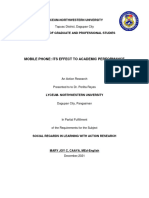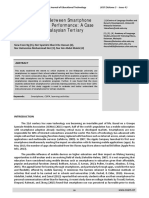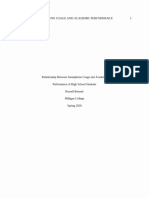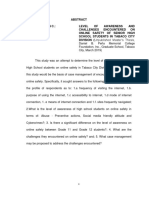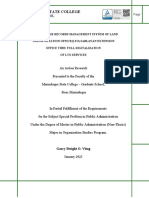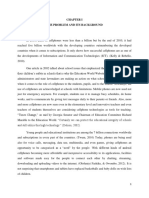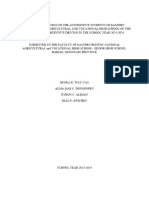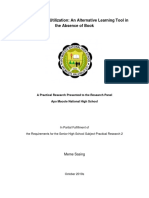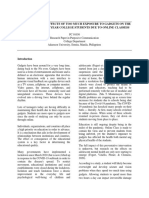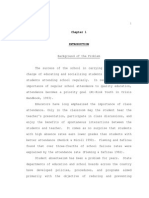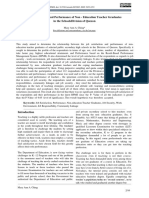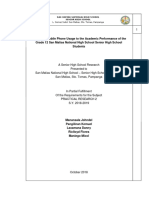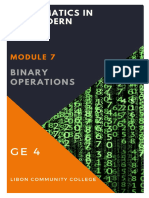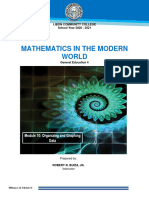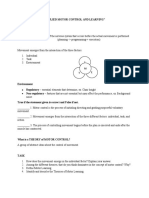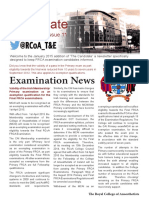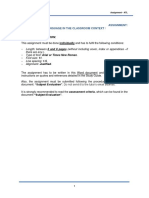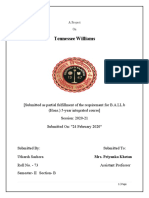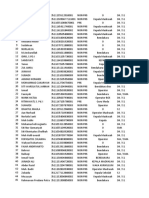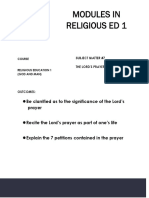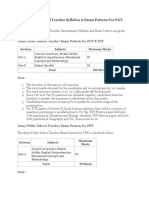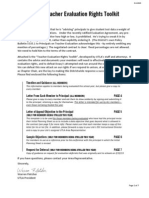0% found this document useful (0 votes)
140 views6 pagesResearch Introduction
This study aims to investigate the effects of mobile phone usage on classroom participation and academic achievement among students at Polangui Community College. Specifically, the study will examine the frequency, duration, and types of mobile phone usage during class and how these impact students' attention span, class engagement, assignment completion, exam performance, and overall grades. The study also seeks students' perceptions of mobile phone use in class and recommendations to address any negative effects. Insights from the study can help the school develop mobile phone policies and help educators, students, and future researchers understand how to support academic performance.
Uploaded by
Jirah Joy PeañarCopyright
© © All Rights Reserved
We take content rights seriously. If you suspect this is your content, claim it here.
Available Formats
Download as DOCX, PDF, TXT or read online on Scribd
0% found this document useful (0 votes)
140 views6 pagesResearch Introduction
This study aims to investigate the effects of mobile phone usage on classroom participation and academic achievement among students at Polangui Community College. Specifically, the study will examine the frequency, duration, and types of mobile phone usage during class and how these impact students' attention span, class engagement, assignment completion, exam performance, and overall grades. The study also seeks students' perceptions of mobile phone use in class and recommendations to address any negative effects. Insights from the study can help the school develop mobile phone policies and help educators, students, and future researchers understand how to support academic performance.
Uploaded by
Jirah Joy PeañarCopyright
© © All Rights Reserved
We take content rights seriously. If you suspect this is your content, claim it here.
Available Formats
Download as DOCX, PDF, TXT or read online on Scribd
/ 6
